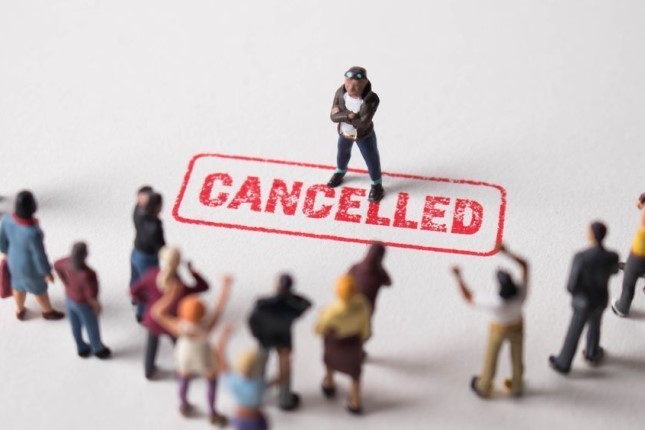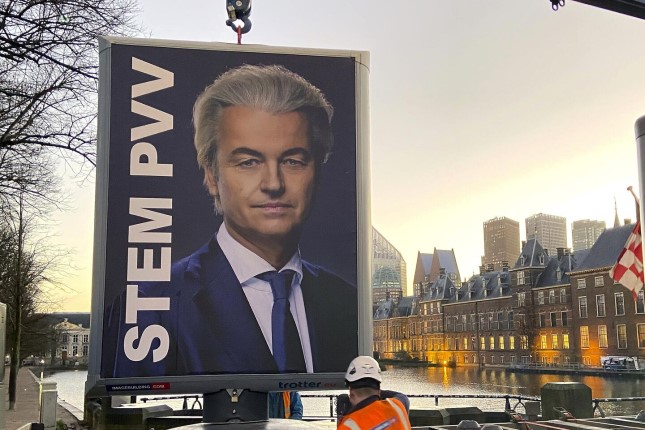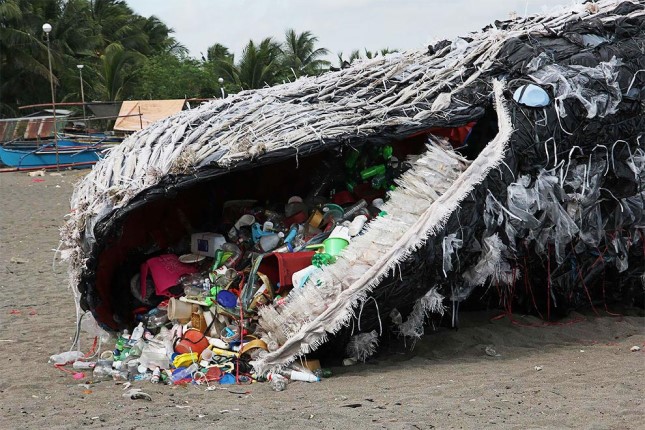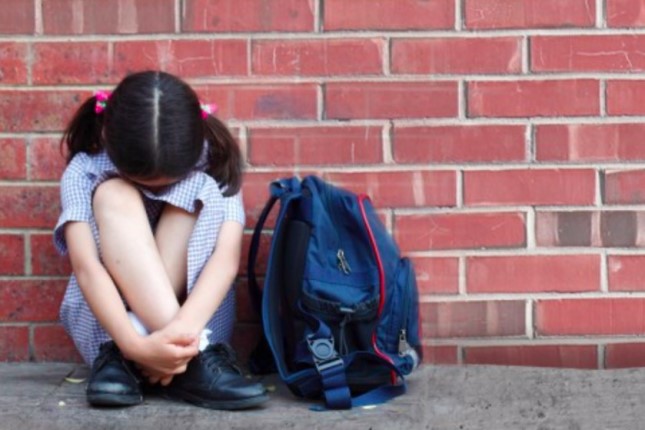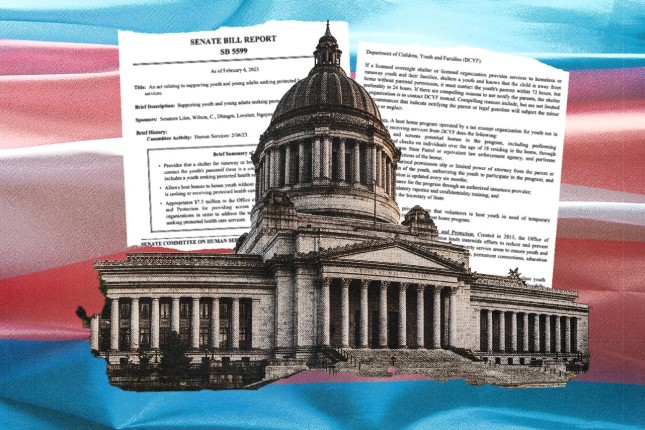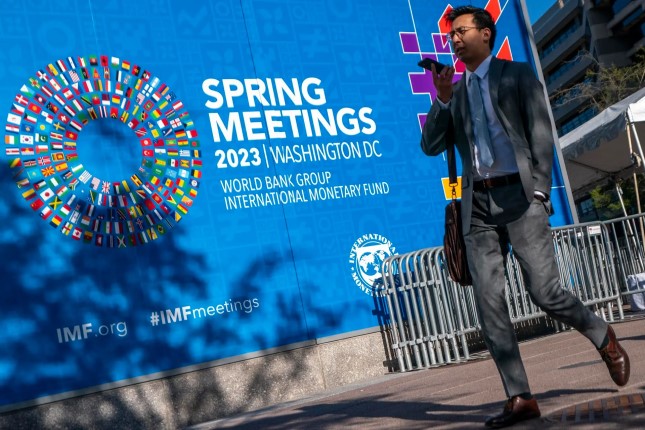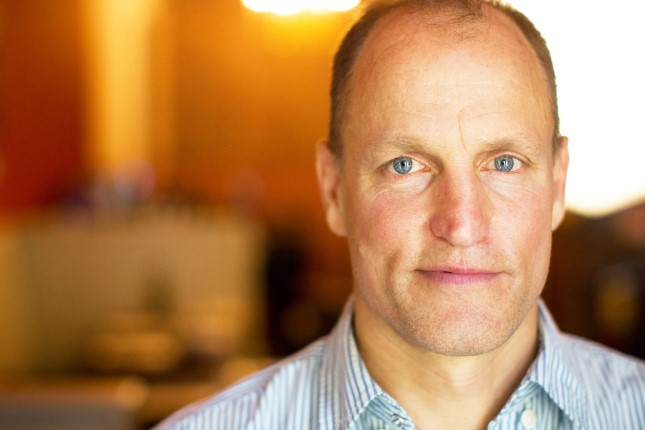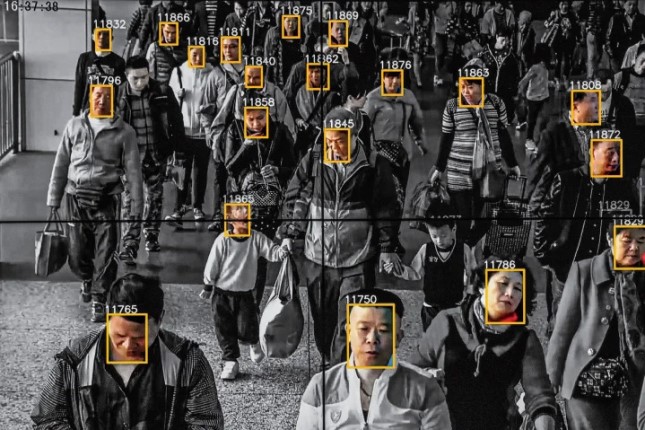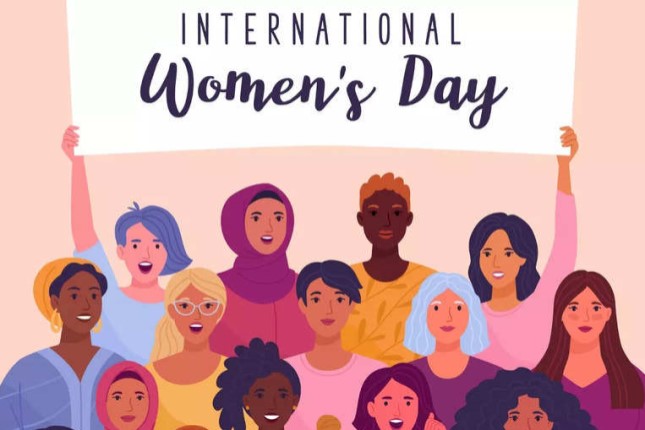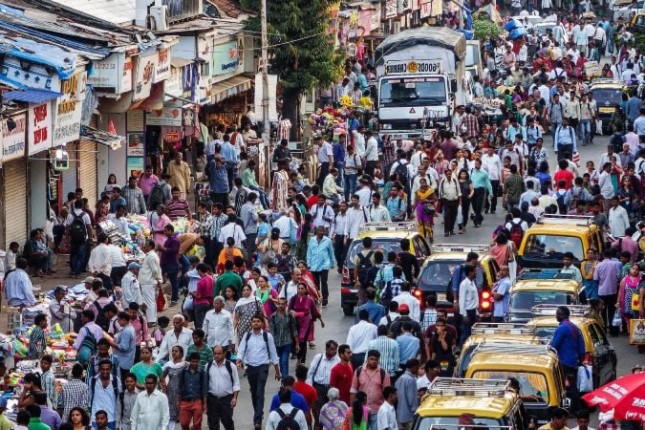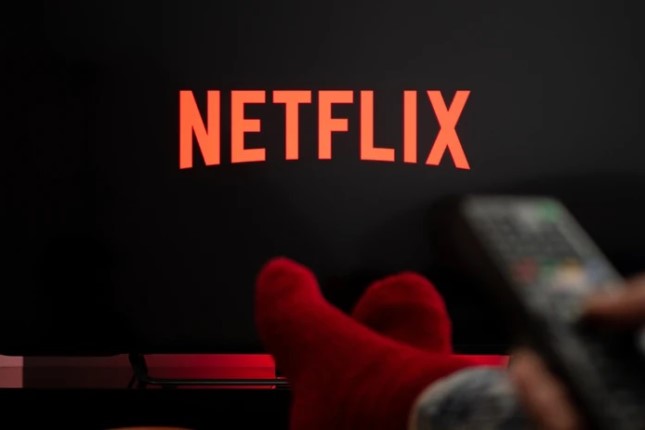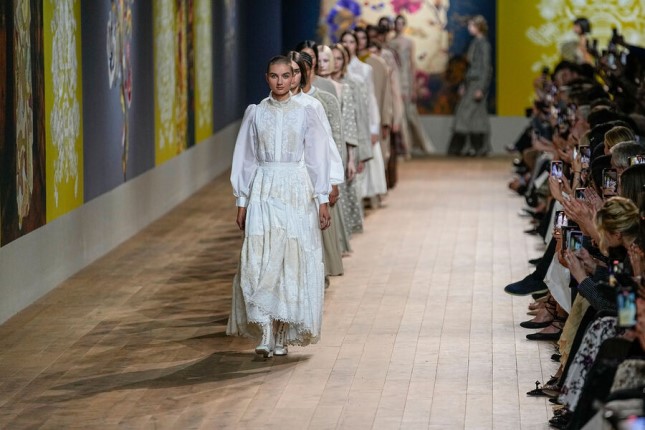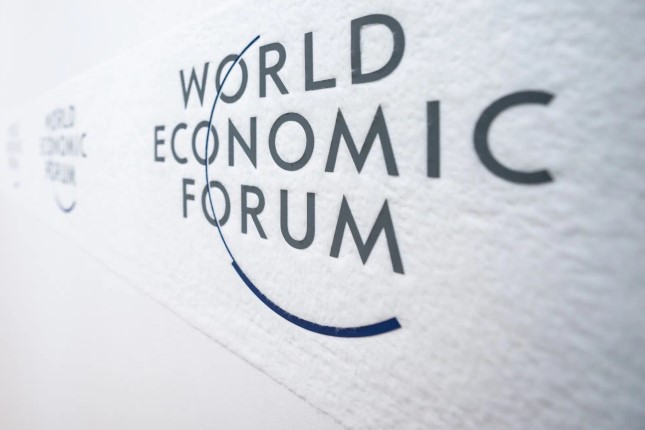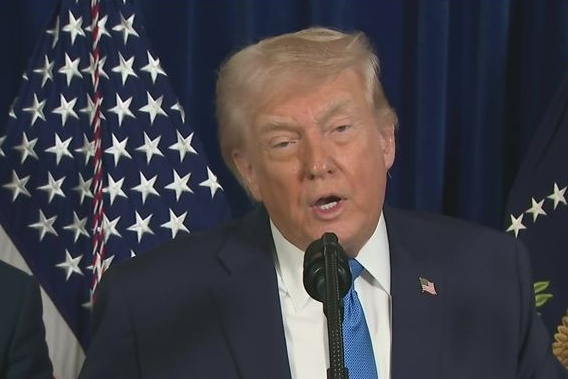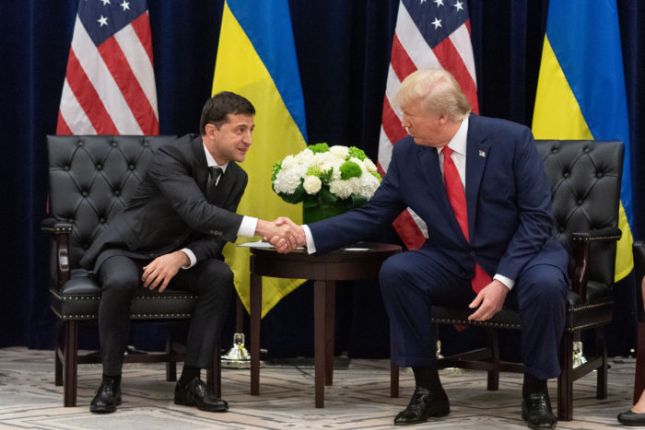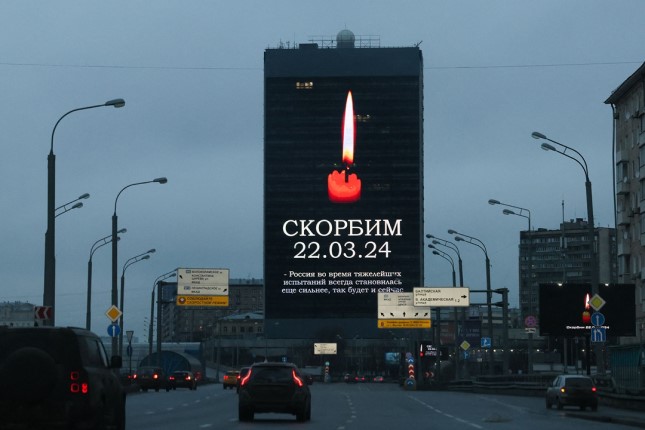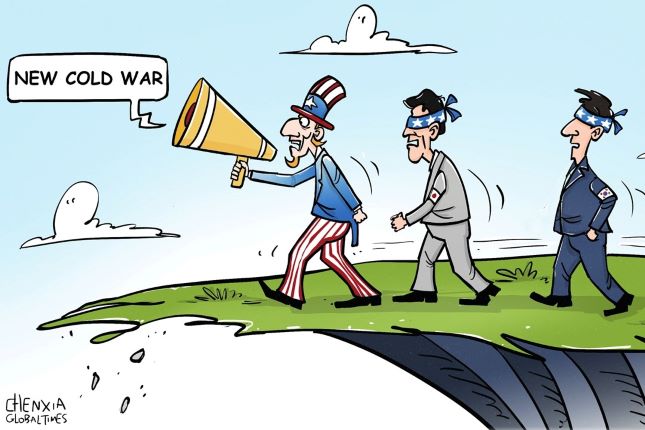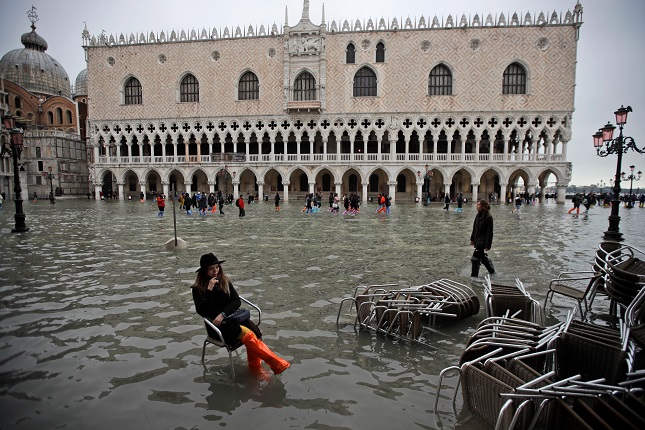The legendary podcaster Joe Rogan opened the Comedy Mothership club. The new project of the famous actor, broadcaster and legendary commentator of mixed martial arts from UFC is designed to give a platform for performances of previously "cancelled" performers—those who suffered from the so-called cancel culture.
Today, comedians increasingly have to worry about their careers being ruined by those who hold opposing views or take offense to their jokes. Rogan himself was also harshly criticized in 2022, but resisted pressure to cancel his Spotify podcast. So it's no surprise that Rogan has now chosen Austin, Texas, a city known for its conservative views, as the location of his club. Tickets for the club's first show in early March sold out in minutes.
Comedians find themselves at the epicenter of cancel culture in many countries. Both those who are rather sympathetic to the left and those on the right. At the end of March, for example, Frankie Boyle became another victim of the BBC's "right-wing purge." His show "Frankie Boyle's New World Order" on BBC Two was not prolonged for the seventh season. He then hinted in his Twitter post that the cancellation was due to a right-wing turn in corporate politics.
In reality, struggles against comedians have little to do with current politics, though it may seem so. The struggle against comedians as the clearest manifestation of cancel culture reflects the general state of public opinion in a wide variety of countries around the world. People around the world are experiencing an acute identity crisis and are trying to compensate for it by reacting neurotically to signals that have nothing to do with their interests.
Information society offers unprecedented opportunities for self-expression and self-organization. But it is not easy to use these opportunities rationally. Hence this unbelievably senseless hunt for comedians. It is as if the fate of the middle class, now under increasing economic pressure, depends on what comedians make jokes about.
Crisis of values plus economic insecurity
This is what an identity crisis looks like in the United States. On March 27, The Wall Street Journal published its joint survey with NORC at the University of Chicago. According to it, American society has become less patriotic, much less religious, and not eager to have children.
In 1998, 70% of Americans thought it was very important to be patriotic—today, the percentage of patriots has dropped to 38%. The percentage of those who think being religious is important dropped from 62% to 39%. And the value of having children has dropped from 59% to 30%.
The one priority that has grown in importance over the past quarter century is money. In the new survey, 43% named money as very important, up from 31% in 1998.
Only 21% of those surveyed consider the US an exceptional country. About half believe that America is only one of the most important nations on the planet. And the share of those who think other countries are better than the US has risen to a record 27% in 30 years of polling.
At the same time tolerance for others, which only four years ago was considered very important by 80% of Americans… here we go… has since dropped to 58%!
At the same time, according to a recent survey by the Pew Research Center, about 61% of American adults have heard at least a little about the concept of "cancel culture"—up from 44% in September 2020. That is, there is a dramatic level of radicalization in society amidst the degradation of the values previously typical of that society.
Uncertainty about one's own economic future, combined with the destruction of core values (Americans are losing faith even in the seemingly unshakable value of college education), creates a breeding ground for growing intolerance. And the new information environment creates every opportunity for spontaneous mobilization against a person who has been careless enough to say something that identifies him or her as "the enemy" to a certain, critical mass of activists.
In fact, the very emergence of such a concept as cancel culture indicates that the society whose culture is being cancelled no longer exists.
At the same time, there is a growing public fear of joining the wrong side. Right? Comedian Chris Rock's recent one-hour standup special on Netflix, Selective Outrage, highlighted the fickle nature of today's audience, which selectively resents some perceived injustices and turns a blind eye to others. Rock opined that fear of criticism has led to "unfunny" comedians and "unfunny" content on television and in movies. "Everyone is afraid to make a move," Rock said during an appearance on The Breakfast Club radio show.
Triumph of intolerant minorities
However, when it comes to "enemies" external rather than internal, the actors get more courage. An example of this is the reaction of Western society to the military conflict in Ukraine—the reaction, which at times looks quite ridiculous.
For example, the Metropolitan Museum of Art in New York on its website changed the captions of paintings by Ivan Aivazovsky, Ilya Repin, and Arkhip Kuindzhi, who suddenly stopped being Russian artists any longer. A series of refusals to stage productions by Russian authors and refusals to work with prominent Russian cultural figures like conductor Valery Gergiev or opera singer Anna Netrebko have occurred in a number of Western countries.
All these attempts to "cancel Russia" were promoted mainly by Ukrainian activists, and promoted skillfully, with full knowledge of how compliant Western society has become when it comes to "insulted feelings."
The main conclusion that can be drawn from this story of Ukrainian activists is that in conditions of deep identity crisis, even relatively weak but well-mobilized communities can noticeably influence public opinion as a whole. And this is a very disturbing factor, because the activism of such groups of varying genesis can lead to large-scale social upheavals.
